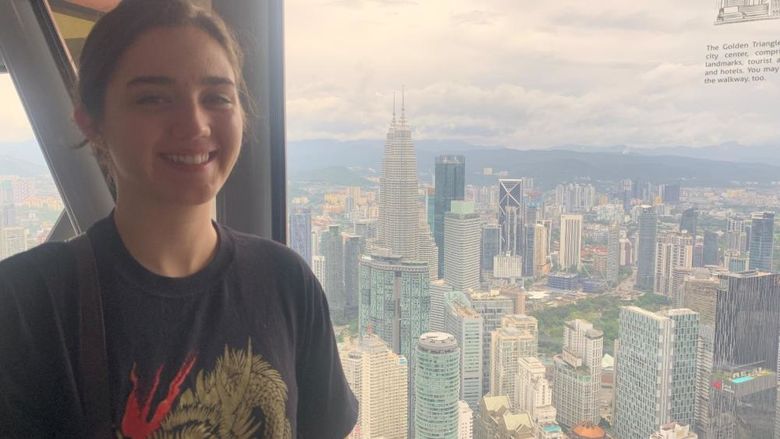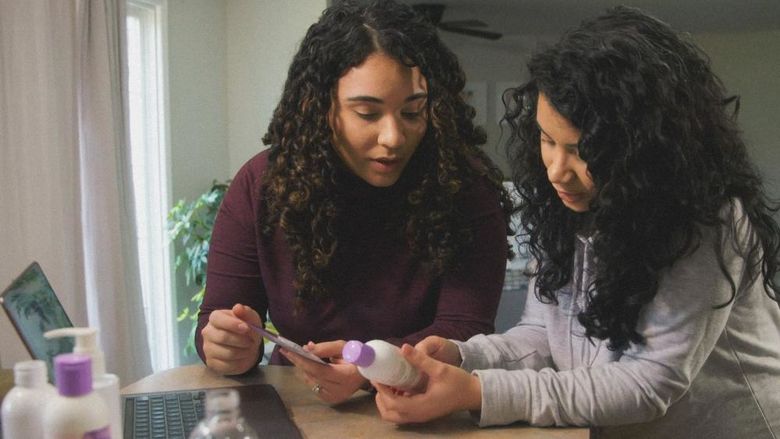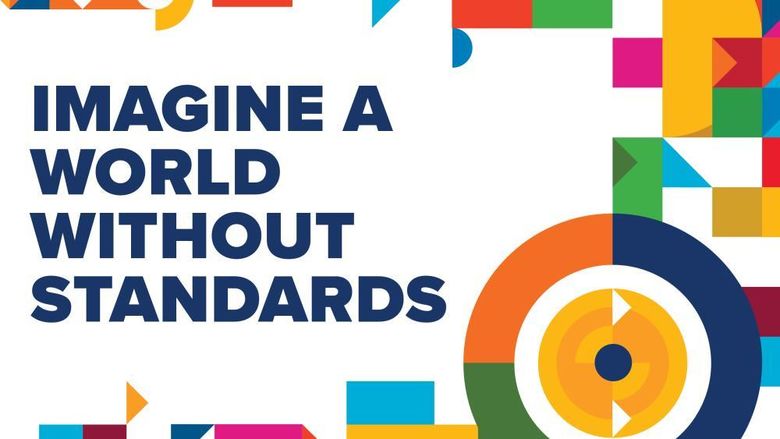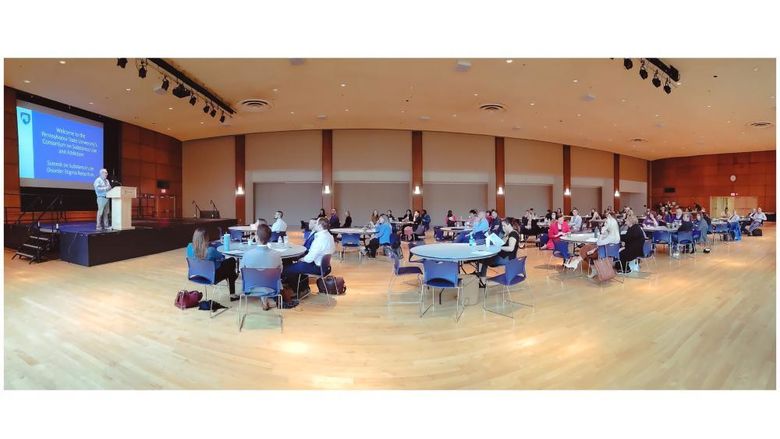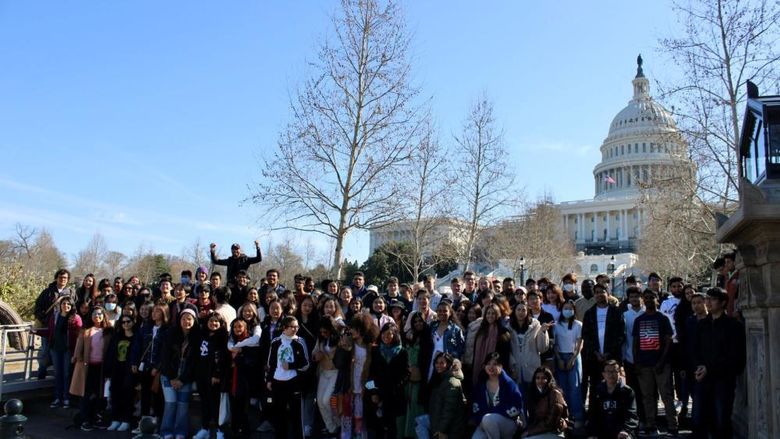When Kimberly Grinberg, an alumna of Penn State Berks, heard her mother tell a story about a man she met in the Dominican Republic who was pushing himself with his hands to move down a road on a wooden block, she wanted to help.
“He was paralyzed from the waist down," Grinberg said. "My mom approached him and that’s how our project started. He became the subject of an article she wrote. I traveled to the Dominican Republic in March 2016 to join my mother as we undertook this project.”
Grinberg, a 2015 graduate of Penn State Berks with a bachelor's in American studies and a minor in women’s studies, began the wheelchair project after her mother, Marzena Grinberg, a freelance journalist who writes about international humanitarian issues, was visiting San Pedro de Macoris, Dominican Republic, and encountered this man.
When Kimberly Grinberg arrived in the Dominican Republic, she began to look for people with disabilities who were in need of wheelchairs, and it was not hard to find them.
“There was a tremendous need in the areas where there are high levels of poverty," she said. "We travelled to these areas and visited the people in their homes. The communities were very welcoming and stressed the need for wheelchairs. The ages of the persons we visited ranged from children to 90-years-old.”
After conducting a series of interviews, they identified approximately 40 people who were in need of wheelchairs – most of them were children. The Grinbergs then began to search for organizations in the United States who could participate in the project and incorporated the information collected into forms that would be accepted by various organizations.
“As people heard about the work, my mom and I were invited to collaborate with Senator José Emeterio Hazim Frappier (Josecito) and his wife, Vilma, and the local township mayoral candidate, Dr. Angela de la Cruz, who we spoke with when deciding strategic and realistic goals for the project,” explained Grinberg. “When I returned to the United States, I monitored the status of the wheelchair requests mostly through email. The majority of the project was finished in June.”
For Grinberg, the project taught her that making an impact on the lives of others requires nothing more than an idea and motivation.
“A lot of the people I spoke with were unfamiliar with the concept of nonprofit organizations and institutions that would have the resources to provide them with wheelchairs. I wasn’t affiliated with any such organization, but I knew nonprofits existed to help people, and it was just a matter of connecting the people in need with the people with resources," she said.
"This was also meaningful to me because I could see the substantial impact access to a wheelchair had for individuals. For one individual we interviewed, it was the difference between moving around her house and being permanently sequestered to her room. I saw with my own eyes how people lived when they had no possibility to move around. Working at the root of the problem, the lack of wheelchairs, meant I got to meet people, see them, touch them, look in their eyes and witness firsthand their everyday struggles.”
Grinberg, now a second-year student at Syracuse University College of Law, gives special thanks to Holly Ryan and Lauren Jade Martin, who were co-advisors of the college’s first chapter of Students for Sensible Drug Policy (SSDP), of which Grinberg was founder and president.
“I had never presided over an organization before, but I was equipped with an idea and motivation, which turned out to be enough," she said. "It was this experience of founding and presiding over SSDP that taught me that no idea is too big or too radical to work.”
